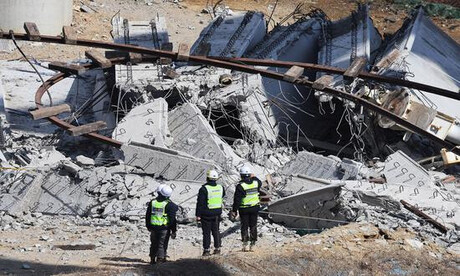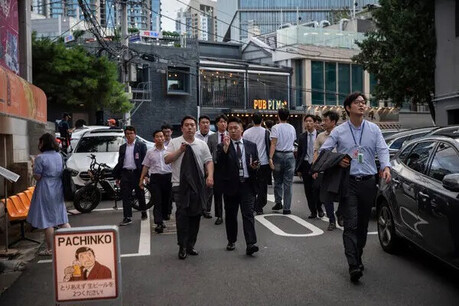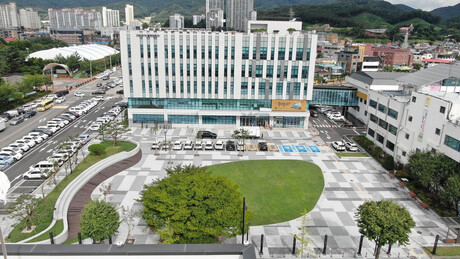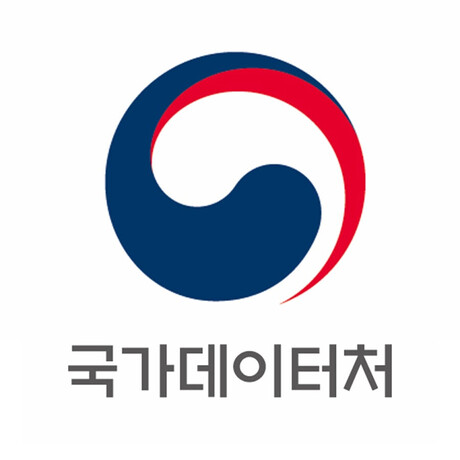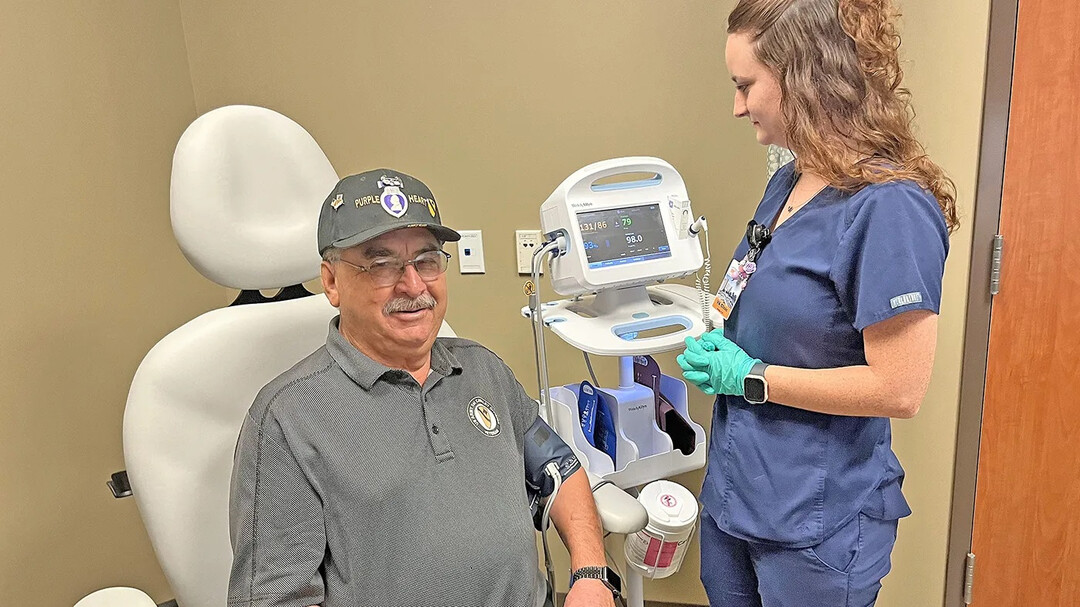
Today, the nation pauses to commemorate Vietnam War Veterans, recognizing the profound sacrifices and unwavering service of the 2.7 million Americans who served in Southeast Asia, and the over 58,000 who made the ultimate sacrifice. As these brave individuals age, the Department of Veterans Affairs (VA) Office of Research and Development (ORD) continues its critical work in understanding and addressing the long-term health challenges they face, solidifying the VA's unique position in providing comprehensive, end-to-end care for its Veteran patients.
For decades, the VA has stood at the forefront of research into the lasting impacts of military service, combat exposure, and environmental hazards, most notably Agent Orange and other herbicides utilized during the Vietnam War. Dr. Victoria Davey, VA’s Associate Chief, Research and Development Officer for Epidemiology and Public Health, highlights the VA's ongoing commitment through significant research initiatives focused on Vietnam Veterans. These efforts are crucial in tracking mortality trends, understanding the development of chronic health conditions, and addressing persistent mental health outcomes.
One of the VA's most ambitious undertakings in recent years is the Vietnam Era Health Retrospective Observational Study (VE-HEROeS), launched in 2016. This comprehensive study represents the most in-depth health assessment of Vietnam Veterans since the 1980s. VE-HEROeS encompasses Vietnam theater Veterans, Blue Water Navy Veterans, those who served elsewhere during the conflict, and a control group from the general U.S. population, providing a robust framework for comparison and analysis.
Historically, Blue Water Navy Veterans, who served aboard ships off the coast of Vietnam, encountered significant hurdles in gaining recognition for potential toxic exposures. Pivotal VA research played a crucial role in demonstrating that their health outcomes mirrored those of their counterparts who served on land in Vietnam. Dr. Davey explained, "We found that Blue Water Navy Veterans had higher rates of hypertension, similar to those who served in-country. Their exposures, whether from herbicides or shipboard contaminants, had a measurable impact." This compelling evidence directly contributed to the passage of the Blue Water Navy Vietnam Veterans Act of 2019, granting thousands of Veterans access to vital benefits they were previously denied.
Cardiovascular health, particularly hypertension and related diseases, remains a significant concern for Vietnam Veterans as they age. VA research has definitively shown that Vietnam Veterans, especially those with documented exposure to herbicides like Agent Orange, develop high blood pressure earlier and at elevated rates compared to non-Vietnam era Veterans. This crucial evidence underpinned the inclusion of hypertension as a presumptive condition for Agent Orange exposure under the 2022 PACT Act, further expanding VA benefits for affected Veterans.
Longitudinal studies, such as the National Vietnam Veterans Longitudinal Study (NVVLS), have also shed light on the enduring impact of psychological trauma. The NVVLS findings confirmed the persistent nature of PTSD symptoms, revealing that even four decades after the war, 11% of Vietnam Veterans still met the full diagnostic criteria for PTSD, with many others experiencing significant subthreshold symptoms. Furthermore, a 2012 VA study established a link between suicidal thoughts and combat experiences, particularly exposure to killing. While suicide rates among Vietnam Veterans were comparable to other Veterans of their era, the risk remains alarmingly higher than that of the general population, underscoring the continued need for mental health support.
Recent VA research has also addressed specific health concerns raised by Vietnam Veterans. Dr. Davey's team investigated fears surrounding a potential link between bile duct cancer (hepatobiliary carcinoma) and parasites from consuming freshwater fish in Southeast Asia. Their meticulous analysis of mortality data revealed that Vietnam theater Veterans did not have higher rates of this cancer compared to other Veterans. Instead, the research reinforced the well-established risks associated with smoking and alcohol consumption as primary factors in the development of this disease. This finding provides crucial reassurance to Veterans while highlighting the importance of addressing known risk factors.
The VA's commitment extends to understanding the unique health challenges faced by women who served in Vietnam. The Health of Vietnam-Era Women’s Study (HealthVIEWS) has uncovered significant differences in mortality and mental health patterns between women and men Vietnam Veterans. Notably, the study revealed a distinct suicide risk profile for women Vietnam Veterans compared to both civilian women and other military women. While the full findings are pending publication, this groundbreaking research promises to inform and improve mental health outreach and support tailored to the specific needs of aging women Veterans.
Despite the significant strides made, Dr. Davey emphasizes that ongoing research is crucial to continue improving the lives of Vietnam Veterans. Tracking long-term mortality trends remains a key priority, with the goal of providing clinicians with the most up-to-date information to optimize patient care. Dr. Davey also highlighted the ongoing challenges associated with accurately measuring Agent Orange exposure in Veterans' medical records, which can hinder definitive conclusions in some research areas. Furthermore, understanding the intricate connections between mental health and the aging process, as they relate to Veterans' experiences in Vietnam, remains a critical focus. "We know that Vietnam Veterans are at higher risk for PTSD, depression, and anxiety," Dr. Davey stated. "Ensuring access to mental health care remains a priority."
The Vietnam War has left an indelible and complex medical and psychological legacy. As the generation who served during this conflict continues to age, the VA's unwavering commitment to rigorous research, the evolution of healthcare policies, and proactive legislative advocacy will be indispensable in meeting their evolving health needs. While March 29th serves as a dedicated day for national recognition, the VA's continuous scientific endeavors year-round stand as a testament to their enduring promise: to never forget the service and sacrifice of America's Vietnam Veterans and to continually strive to improve their well-being.
[Copyright (c) Global Economic Times. All Rights Reserved.]
















